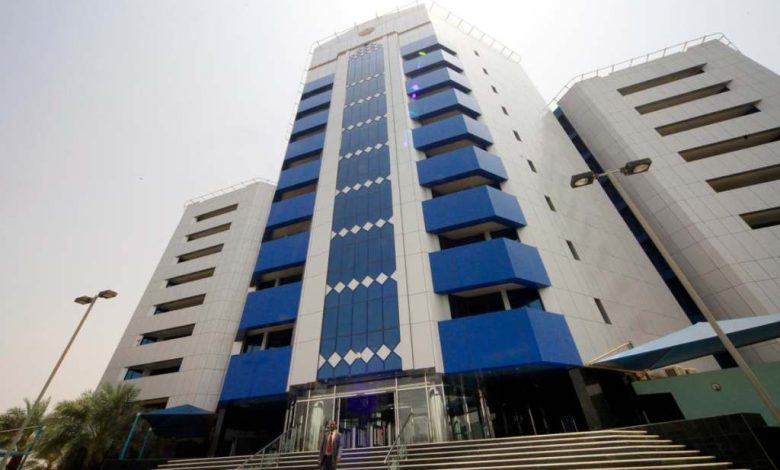Reports
Currency Change: A Strategy to Redirect Cash Flow to the Banking System

Sudan Events – Agencies
Sudan’s economic sector is cautiously anticipating the implementation of a decision to replace the 1000- and 500-pound banknotes. The Central Bank of Sudan announced this move last month, stating it is part of a strategy to protect the national currency, stabilize its exchange rate, and address the adverse effects of the ongoing war. These include widespread looting of the Central Bank and Sudan Currency Printing Company headquarters by rebel militias in Khartoum. Moreover, large quantities of counterfeit or substandard 500- and 1000-pound notes have flooded the market, leading to a notable increase in cash liquidity, negatively impacting overall price stability.
State of Alert
Sudanese banks have been on high alert since last week, preparing to implement this decision, which will involve replacements through bank accounts. According to the Central Bank’s directives, national identification numbers will be required to open accounts.
The measure aims to simplify and facilitate the account-opening process for the public, with banks mandated to verify the authenticity of the provided national identification through the Civil Registry’s database. These efforts reflect the Central Bank’s ambition to reintegrate cash into the banking sector and restore public trust in financial institutions. Notably, over 85% of Sudan’s cash flow has remained outside the banking system for years, a persistent issue in the sector.
Economic Objective
Youssef Abdel Rahman Al-Abeid, president of the Bank and Financial Workers’ Union, described the decision as sound, emphasizing its significant economic value. Speaking to The Investigator news platform, Al-Abeid outlined the plan’s multiple objectives: redirecting cash into the banking system to fuel national economic recovery post-war and facilitating robust economic growth by financing projects across various sectors.
However, Al-Abeid acknowledged that returning the cash flow to the banking sector poses a major challenge. He praised the Central Bank’s directive to simplify the process of opening accounts, including online banking options, as a step in the right direction.
He also warned, however, that such efforts must be accompanied by substantial parallel measures. Without these, the long-term goals could falter, resulting in setbacks. Al-Abeid pointed out that a similar initiative in the past failed, as approximately 85% of the cash flow eventually returned to circulation outside banks.
He stressed the need for parallel measures, such as expanding banking infrastructure across the country. For example, some states with seven localities have only one bank branch, which undermines the initiative. If opening new branches is financially unfeasible, digital payment systems should be activated, supported by public awareness campaigns about their benefits.
Challenges with Implementation
Economic expert Abdel Wahab Jumaa believes that the currency replacement decision was made under trying circumstances, as Sudan has been at war for 19 months. He noted that the fragmented nature of the policy has created ambiguity, leaving citizens unclear about whether the decision entails replacing the entire currency or only specific denominations, namely the 1000- and 500-pound notes.
Jumaa emphasized that this currency change is tied to the opening of bank accounts, a step he praised for promoting financial inclusion and encouraging broader participation in the banking system. However, he also highlighted that reclaiming cash for the banking sector was not a primary objective of the policy. The stated goals focused on protecting the national economy and addressing challenges caused by militia attacks on banks and currency printing facilities.
Jumaa expressed skepticism about the effectiveness of using currency replacement to reintegrate cash into the banking system, arguing that such funds often return to private holdings. He pointed to the need for structural economic reforms, including stabilizing the national currency against foreign currencies and addressing high inflation rates, as fundamental solutions to the problem of cash flow outside banks.
Logistical and Security Challenges
Jumaa further warned of significant obstacles to implementing the currency replacement plan, particularly the country’s vast geographical expanse and the ongoing security challenges in some regions. Replacing currency in areas controlled by rebel militias or under unstable conditions presents logistical and operational difficulties.
He concluded that rebuilding trust in the banking system is essential for success. Clear policies to enhance digital banking, backed by government-supported strategies, will be vital to achieving comprehensive financial inclusion.



